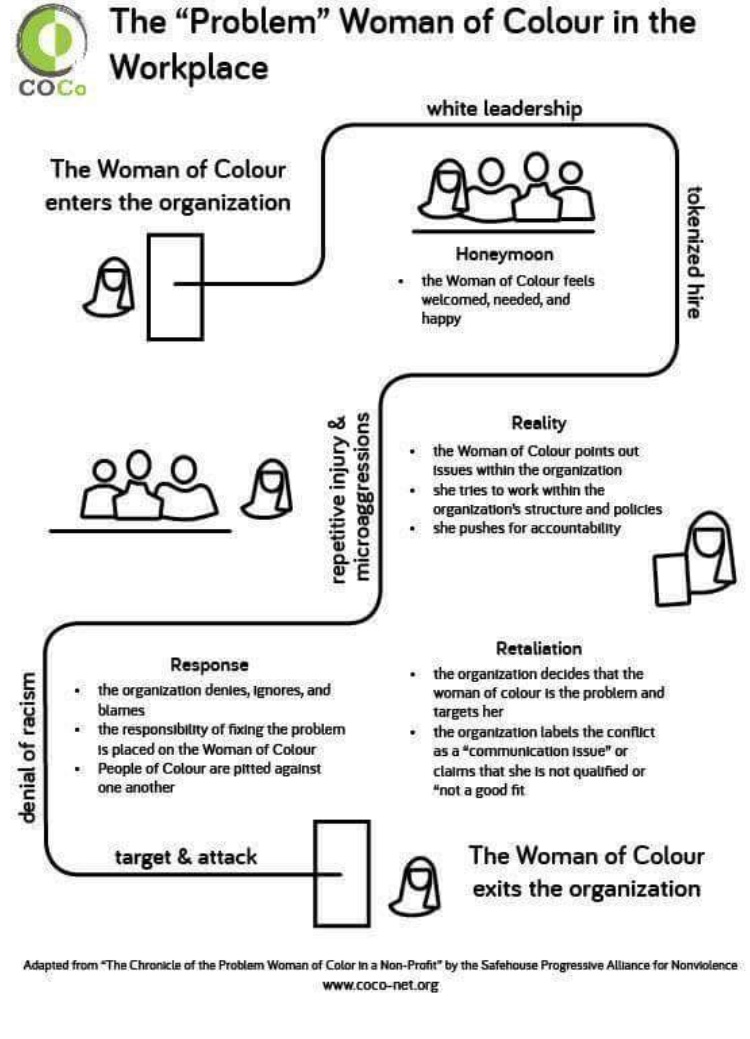aap.org/en-us/advocacy…
theartofcharm.com/podcast-episod…
bigspeak.com/no-asshole-rul…
Anyone with ethics, of course, sets the culture and standards and threads that through. Ethical culture can guard against bullying. Most places have poor institutional ethics, unfortunately.
hbr.org/1994/03/managi…
health.com/condition/anxi…
thepowermoves.com/never-split-th…
Next starts to consolidate control and in/out group
Starts to have increasingly unfounded attacks - this spreads fear
Anyone who disagrees is publicly shamed or marginalized
Others become afraid to speak
If challenged, claims is attacked
There are so many ways to be regulated that so many risks if written up
Generally, perfectionism is a trait that got them the right GPA and scores - that is fear-driven and manipulated by bully
Fear of losing rank in group, etc
sciencedirect.com/science/articl…
businessinsider.com/women-career-r…

If you ask help from someone when bullied, as a WOC, you will often get infantilized (as POC already are), as "help" will be through their biases.
uclahealth.org/marc/audio






